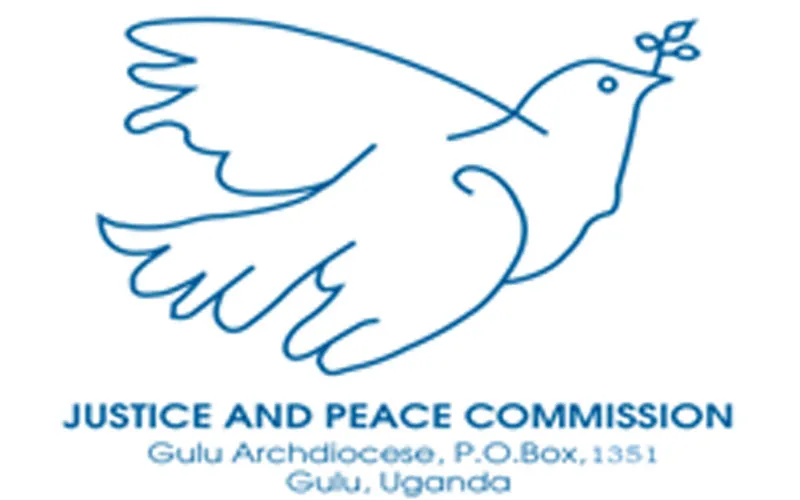Gulu, 31 August, 2022 / 9:25 pm (ACI Africa).
Powerful multinational companies are on a displacement spree in Northern Uganda, and are uprooting locals from their homes where they are setting up large agricultural ventures, the Justice and Peace Commission (JPC) of the Catholic Archdiocese of Gulu, which serves the communities under attack has said.
In a report shared with ACI Africa on Wednesday, August 31, the JPC officials observe that land among the subtribes of the Acholi people in Northern Uganda who have always been farmers “is currently undergoing an agricultural transformation.”
“Foreign and local investors are investing heavily in large scale agriculture, accompanied by numerous land conflicts between them and local communities. Amuru, Nwoya and Lamwo are some of the centers of this conflict over large scale investors,” the JPC officials say.
They add, “In Gulu Archdiocese, many community members whom we have been in contact with especially in Nwoya and Amuru Districts are all saying the same thing that their land is being taken away from them by the investors.”
Locals who have shared their frustration with the Archdiocesan JPC department have said that many illegal “mark stones” are being put on their land boundaries without following proper procedures on land acquisition.








